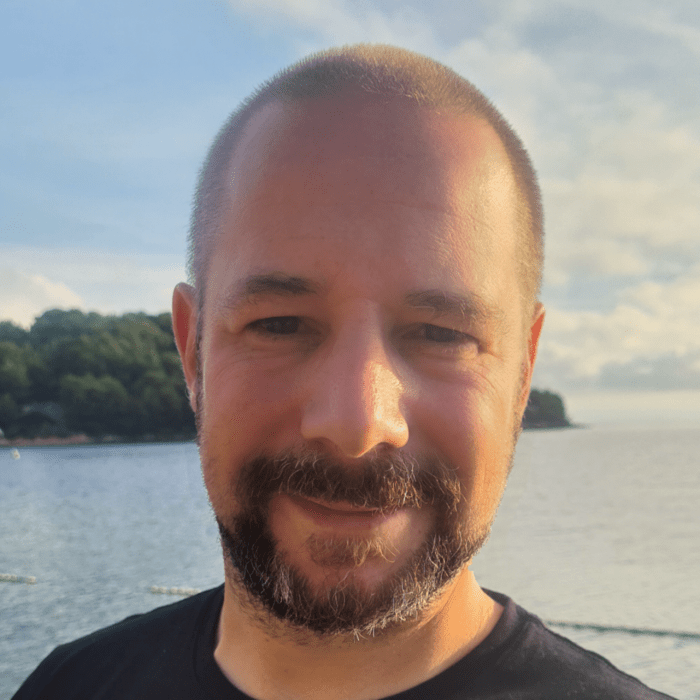Andrzej Górnicki

Andrzej is a Polish dive industry consultant with a Master’s Degree in Social and Safety Psychology. His main interests in these fields are related to human performance in extreme environments and high-performance team building. Team management, leadership, and learning from daily operations in dynamic environments. Andrzej holds a post-graduate diploma in Underwater Archaeology and has gained dive safety officer experience in scientific projects.
Andrzej started diving in 2003 and soon realized that, from that moment, it became an important part of his life. He worked as a CCR & OC instructor and dive center manager in countries like Poland, Norway, Egypt, and Croatia. He participated in archaeological underwater projects, underwater maintenance/recovery works, and deep-water technical diving projects. In 2024, Andrzej worked at the University of Helsinki in Finland as one of the Finnish Scientific Diving Instructors, teaching scientific diving to researchers.
Andrzej discovered Human Factors in Diving in 2018 after participating in Essentials of Human Factors in Diving. He quickly understood that knowledge and idea of Human Factors of Diving covers a lot of what he was missing in dive training. It filled the empty void of non-technical diving skills. Having a psychology background he understood the importance of bringing Human Factors and Non-Technical skills to his team and diving community. Andrzej wrote several articles based on knowledge he gained from Essentials, Face to Face class, a 10-week webinar, the Human Factors Instructor development program, and his own research. He also translated several blogs into Polish. Andrzej presented Human Factor concepts in several dive centers and conferences in Poland, including Baltictech 2022. In 2021 he was one of the Human Factors in Diving Conference speakers.
Title of the presentation: Messy world of diving - how the conditions for incidents are created.
How do diving accidents happen? Accidents or incidents do not happen by themselves. The most common, easiest, and most erroneous answer is to say - human error. Human error does not in any way explain how the accident happened, how to learn from the incident, and what to do to avoid such accidents in the future. Saying that a person made a mistake is as true and natural as saying that living person is breathing. And as long as we are alive and taking action, we will make mistakes. So, how do the conditions under which we make mistakes arise? Can we prevent them in some way? Can we analyze accidents that have already happened and learn from them? If not, why not? And if so, why is it not happening or happening to a very limited extent?
You will learn more about diving accidents and how they happen in my presentation.
2024-11-23
- 15:30 - 16:20
- 50 min
- lectures hall 1

